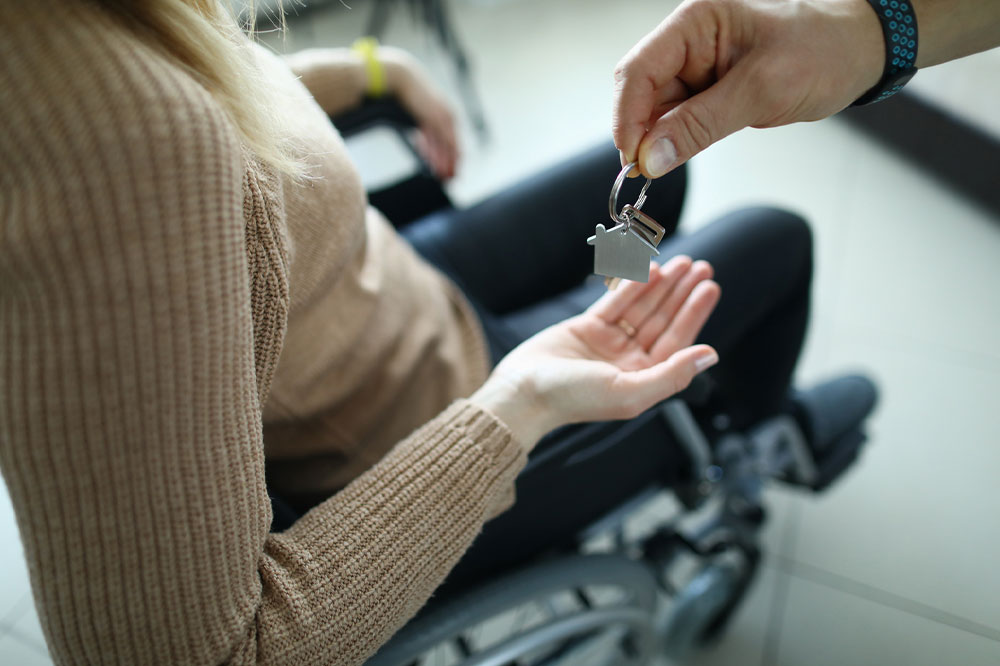Financial Support Programs for Single Mothers: Non-educational Assistance
This article highlights various government grants and assistance programs available for single mothers in the USA. Covering essentials like food aid, healthcare, housing, and childcare, these programs aim to support low-income families and promote their well-being. Understanding these options can help single mothers access resources that improve their quality of life and achieve financial stability.
Sponsored

Government Financial Aid for Single Moms: Non-Academic Support
Typically, most grants are based on financial need. Globally, efforts are made to support women to improve gender equality in workplaces. In the United States, numerous grants are available for single mothers, catering to specific needs such as healthcare, housing, food security, and child care. Unlike educational grants that focus on schooling expenses, non-educational grants provide funds for essential living needs, often without requiring advanced educational qualifications.
These non-educational assistance options primarily target general welfare. All single mothers can apply for these programs and utilize the funds for their family's well-being. Key support areas include rent, utilities, healthcare, child care, and mortgage payments. Some notable programs include:
Supplemental Nutrition Assistance Program (SNAP) offers food aid to low-income families, including single mothers, helping them purchase nutritious food essentials.
Designed to ensure basic nutrition and health, SNAP aims to support low-income Americans in meeting their dietary needs.
Women, Infants, and Children (WIC) Program provides nutritional support, health referrals, and educational resources to pregnant, breastfeeding women, and children under five from economically disadvantaged backgrounds.
Medicaid offers low-cost or free health insurance coverage for single mothers and their children, including dental services. Some states extend Medicaid benefits to all residents below certain income levels, including seniors and disabled individuals.
Section 8 Housing Assistance helps low-income families, seniors, and disabled individuals cover part of their rent costs. Additionally, programs like Salvation Army Housing Assistance provide emergency support, including rent and utility bill help, primarily for short-term relief, addressing urgent needs like shelter, food, and clothing.
LifeLine and Link-Up Programs offer discounted phone and internet services to low-income households, saving eligible customers up to $9.25 monthly on their communication bills.
Child Care Support for Working Single Mothers is another vital service, especially for mothers who need help affording childcare to work or study. Programs like Head Start provide comprehensive assistance for children’s early education and support services for their mothers.
In summary
Data shows that approximately 40% of single-mother families live below the poverty line. Contributing factors include weak social safety nets, limited child support, and low educational attainment. While many single mothers work, their income often remains insufficient, highlighting the importance of government aid programs in providing necessary support in times of need.






